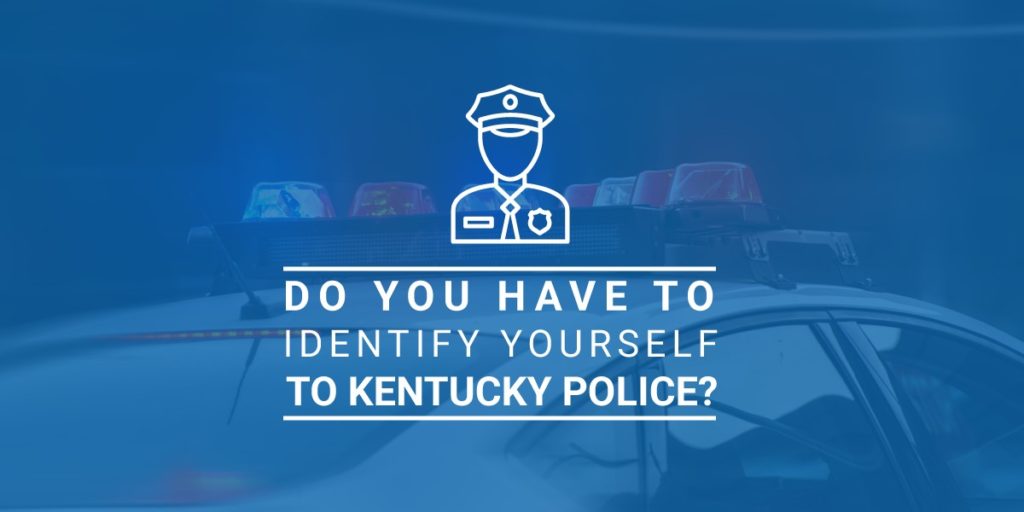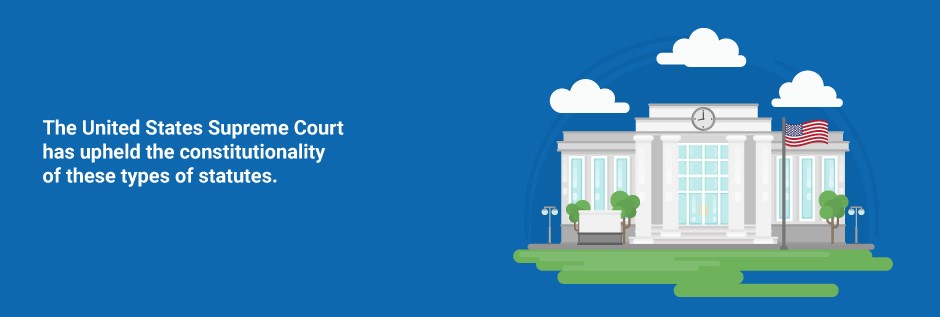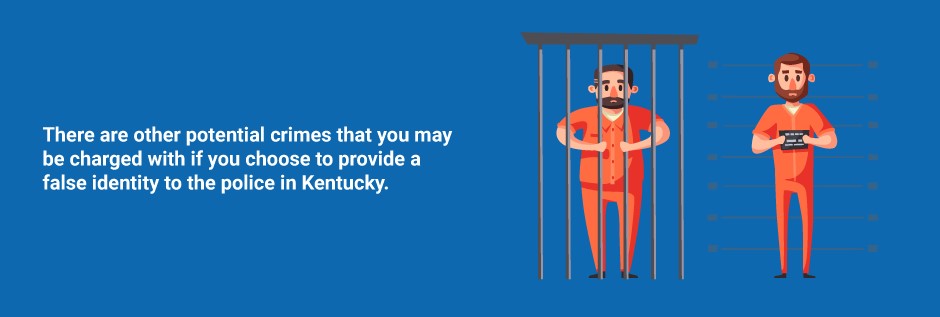One of the most frightening things that can happen to any citizen is being stopped by the police. Whether you are walking down the street or driving, having a law enforcement officer stop you can be absolutely terrifying — even if you are simply minding your own business and breaking no law. It can be hard in that moment to remember that you have rights, let alone assert them.
Learning your rights under Kentucky law can be the first step in protecting yourself from encounters like these with the police. One of the most basic questions that law enforcement officers may ask you is for your name, or if you have any identification. Understanding when you are required to identify yourself to the police is an important part of protecting yourself and your freedom.
As a general rule, citizens are not required to show their identification or identify themselves to the police. However, there are circumstances where Kentuckians are required to carry and present their identification, such as when they drive or fly.
At the Baldani Law Group, we have more than 100 years of combined experience representing clients who have been charged with a range of Kentucky crimes. Based in Lexington, we represent clients throughout the Commonwealth, including Carlisle, Danville, Frankfort, Georgetown, Harrodsburg, Lawrenceburg, Morehead, Mt. Vernon, Nicholasville, Paris, Richmond, Versailles, Williamstown and Winchester. Contact us today at 859-259-0727 or online to schedule a consultation with a skilled Lexington criminal defense attorney.
Kentucky: No Stop and Identify Law
In “stop and identify” states, citizens are required to disclose their identity to the police when the officers have reasonable suspicion to believe that they may be participating in criminal activity. The United States Supreme Court has upheld the constitutionality of these types of statutes. However, the Kentucky Supreme Court has found that the Commonwealth of Kentucky is not a “stop and identify” state.
Because Kentucky does not have a “stop and identify” law, if a person refuses to provide identification to the police upon request — even if he or she is suspected of engaging in criminal activity — then that person cannot be arrested and prosecuted for failing to provide identification. However, because law enforcement officers are legally permitted to request identification in these types of stops (known as investigatory or Terry stops), if a person fails to provide identification, it may be a factor in determining reasonable suspicion.
In other words, if you are stopped by the police because they suspect you of being involved of a crime, and they ask you for your ID, you are not required to provide it. The police can consider your failure to provide identification as suspicious, and that may result in further action, such as you being arrested.
For example, if you were standing on a street corner and cars regularly pulled up to you, said a few words, and it appeared that you may have given them something in exchange for money, the police may have a reasonable suspicion that you are dealing drugs. They may approach you to perform an investigatory stop. If they ask you for identification and you refuse to provide it, you are within your rights in doing so. The police cannot arrest you under Kentucky law for that refusal. But as a Lexington criminal defense attorney can explain, it may give the police another reason to believe that you are engaged in criminal activity.
When Do You Have to Identify Yourself to Kentucky Police?
If you are stopped by the police on the street, you do not have to answer any questions. The only information that you must give to the police (if asked) is your name. As discussed above, you do not have to provide identification to the police.
While you do not have to provide identification if you are stopped by the police on the street, if you are driving, different rules apply. If the police request you to do provide them, you must provide your driver’s license, registration, and proof of insurance.
Penalties for Failing to Identify Yourself or Lying About Your Identity
If you fail to provide identification after being stopped on the street, there is no consequence under Kentucky law, because Kentucky is not a “stop and identify” state. However, if you do not provide valid identification in the form of a driver’s license if you are stopped when driving, then you may be charged with offenses related to driving without a valid license.
There are other potential crimes that you may be charged with if you choose to provide a false identity to the police in Kentucky. If you give a peace officer a false name or address, it is a Class B misdemeanor, punishable by up to 90 days in jail and fines of up to $250. But this law can only be applied in very specific situations. A person can be charged with giving a peace officer false identifying information only if he or she gives a false name, address or date of birth and:
- The officer asked for the information in a lawful discharge of his or her official duties;
- The person had an intent to mislead the officer as to his or her identity; and
- The officer first warned the person that giving a peace officer false identifying information is a criminal offense.
Given the elements of this crime, there are numerous ways that a skilled Lexington criminal defense attorney can defend against this charge. For example, if a police officer failed to warn a person that giving a false name is a criminal offense, that person cannot be prosecuted. Or if the person did not give false information with the intent to mislead, but was simply trying to joke around, then that could be a defense to the charge. Working with an experienced lawyer can help you if you have been charged with a Kentucky crime such as providing false information to a peace officer.
How a Lexington Criminal Defense Attorney Can Help
At the Baldani Law Group, we strongly believe in protecting our clients’ rights and their freedom. We work hard to help our clients achieve the best possible outcome for their cases. With 6 trial-tested attorneys and more than 100 years of combined legal experience, we have the experience and know-how to get results. Contact us today by phone at 859-259-0727 or online to schedule a consultation.




